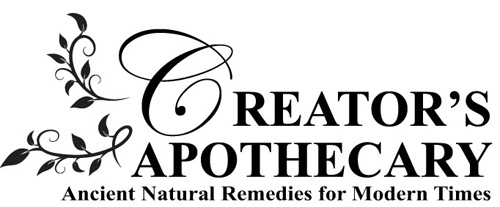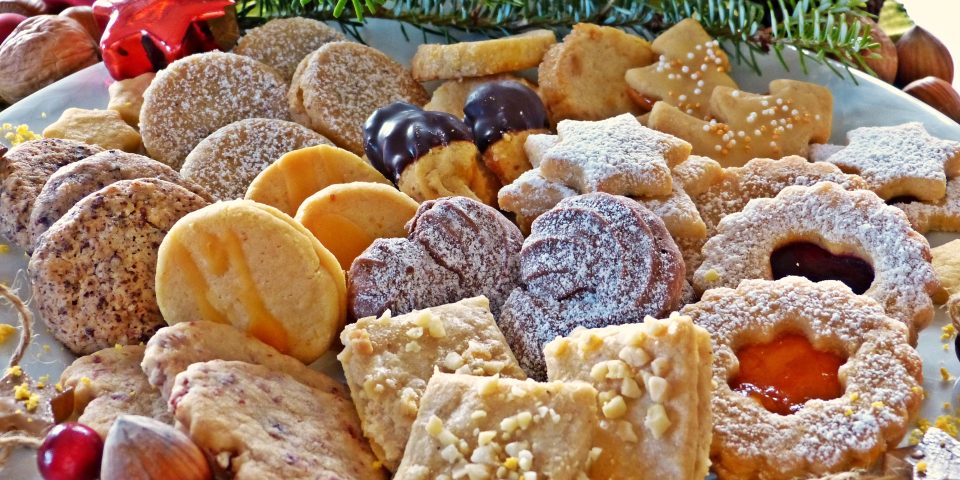The History of Sugar Cookies
Dutch settlers in New York created a thing they called a koekje (pronounced “cookie”). Koekje means small cake. Unlike all European “cakes” at that time, the Dutch used leavening. Pearlash, an alkali leavener was started to be used in the area around New York City toward the end of the 18th century. The first recipe for “cookies” appeared in print in New York City in 1796, and called for Pearlash leavener. Unfortunately, those early recipes omitted eggs, and used only butter, flour, sugar, milk and a limited number of spices. Thus, these cookies were HARD, and cheap to make. The cookies would keep for at least six months in a cellar.
The Evolution of the Cookie Continued
During the Victorian Era women regarded spices as not only unhealthy, as they could overly excite the digestive system and affect appetites, but also as potentially immoral. And yet, these same Victorian Women were still tasked with needing to provide treats for children and for tea guests.
By 1870 plain cookies were the absolute rage. Cookies made especially for babies might have included chopped oatmeal and peanuts (enter the precursors to modern day peanut butter cookies and oatmeal cookies). Though few spices were used, the women often included a hint of nutmeg or a squeeze of lemon. Vanilla extract became widely available in the 1800s, but was seldom used, due to cost, to this “plain cookie.”
By the end of the 19th century the term “sugar cookie” had caught on, probably to distinguish it from the now present peanut and oatmeal cookies.
When artificial vanilla extract became cheap and widely available, it was added to these plain sugar cookies. The original Joy of Cooking cookbook by Irma Rombauer indicated she flavored her “plain cookies” with vanilla extract.
Decorated Sugar Cookies, as we know them today, did not exist until the 1930’s and 1940’s.
And now you know the rest of the story about how the plain, hard koekje evolved into the sweet, soft sugar cookies we all know and love, especially during the holidays.
Grace to you and peace from God our Father and the Lord Jesus Christ. Philippians 1:2
Til next time,





